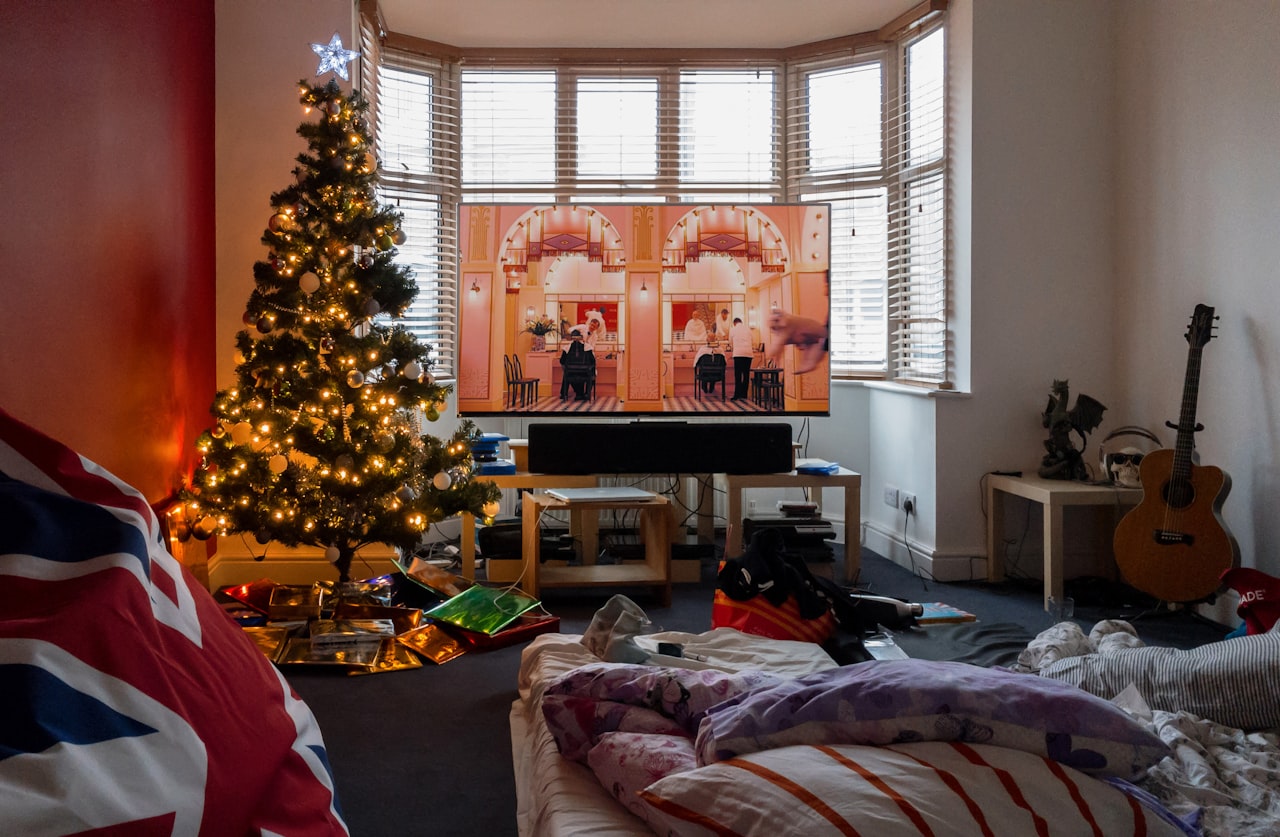Buying a vacation home on Isle of Palms is an exciting investment — but before listing it on Airbnb or VRBO, it’s essential to understand the island’s short-term rental (STR) rules and zoning laws. These local regulations determine where you can rent, how often, and under what conditions. As local experts and active island residents, McConnell Real Estate Partners help investors navigate these details confidently so their properties stay compliant, profitable, and protected.
1. Understanding the Basics of STR Regulations
The City of Isle of Palms defines a short-term rental as any property rented for less than 30 consecutive days. Whether it’s a beachfront cottage or a condo in Wild Dunes, every STR must follow the city’s guidelines and obtain the proper license.
2. The Importance of Licensing
Operating a short-term rental without a license can lead to hefty fines and the loss of rental privileges. McConnell Real Estate Partners help buyers apply for the correct license based on property type and zoning, ensuring you start on the right foot.
3. Primary vs. Non-Primary Residences
If the property is your primary home, you may be eligible for a “homestead” STR license with certain occupancy or frequency limits.
If it’s a non-primary or investment property, you’ll need a full STR license that allows year-round rentals. The McConnells guide clients through which option fits their investment plan best.
4. Zoning and Neighborhood Differences
Not all areas of Isle of Palms allow short-term rentals. Some neighborhoods — particularly those with HOAs or residential-only zoning — have restrictions or caps on STR licenses.
McConnell Real Estate Partners help investors identify which streets and sections of the island are eligible and which are best suited for long-term or personal use instead.
5. Occupancy and Safety Requirements
Each STR must meet safety standards, including smoke detectors, fire extinguishers, emergency exits, and proper parking ratios. There are also occupancy limits based on the number of bedrooms and available parking spaces. The McConnells help ensure every listing meets these city standards before going live.
6. Annual Renewals and Inspections
STR licenses must be renewed each year, often accompanied by a brief inspection or compliance check. The McConnell team reminds clients of deadlines and connects them with local officials or property managers who handle renewals and records.
7. Tax Collection and Reporting
Licensed short-term rentals are required to collect state and local accommodation taxes, including Charleston County and Isle of Palms tourism taxes. McConnell Real Estate Partners help clients set up proper systems or connect with management companies that handle tax remittance seamlessly.
8. HOA and Community Rules Still Apply
Even if a property qualifies for an STR license, individual homeowners associations (HOAs) may impose stricter rules on rental frequency, guest behavior, or signage. The McConnells review HOA covenants with clients to prevent any costly surprises.
9. Neighborhoods Popular for STR-Friendly Investment
While regulations can change, areas such as Palm Boulevard, 21st–41st Avenues, and Wild Dunes traditionally offer strong rental potential with proper licensing. The McConnells help investors target neighborhoods that balance profitability, demand, and compliance.
10. Why Local Guidance Matters
Navigating Isle of Palms regulations can be complex — but McConnell Real Estate Partners make it simple. Their experience, local relationships, and proactive approach help investors avoid legal pitfalls, stay compliant, and maximize ROI year after year.
Thinking about investing in a short-term rental on Isle of Palms?
Partner with McConnell Real Estate Partners, your trusted local experts in vacation-home investing, zoning guidance, and coastal property strategy.
















































































